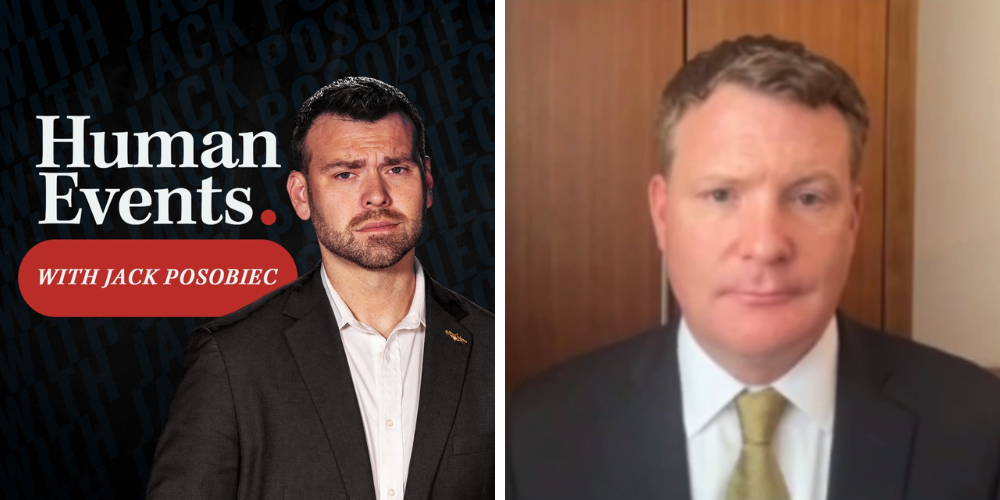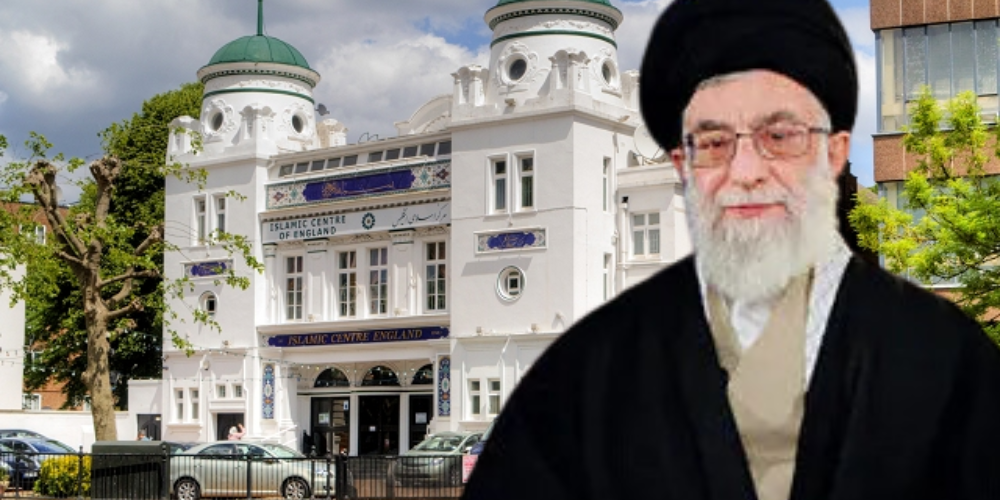With bland, hapless Michigan-born Mitt Romney betraying a greater likeness each day to bland, hapless Michigan-born Thomas E. Dewey, the comparisons of 2012’s presidential marathon to 1948’s Dewey-Truman match-up slog steadily forward—with the latest installment arriving on our doorstep in the form of tonight’s State of the Union Address.
Like many a politician before him, Barack Obama preaches a lilting bi-partisanship but practices a harsh partisanship. Predictions that his 2012 State of the Union Address will in reality be a campaign roadmap are near universal.
In this instance, once again, “Give ‘Em Hell” Barry, scold of the “Do Nothing 112th Congress,” may very well emulate his “come-from-behind” predecessor Harry S Truman.
Nineteen-forty-eight began like 2012: a president in deep trouble, mired in bad poll numbers, his charm eroded.
Truman too recognized the necessity of jump starting his listless campaign through the mechanism of delivering his ostensibly non-political annual State of the Union Address before a national audience.
Obama’s appearances before Congress have already set records for acrimony, from Congressman Joe Wilson’s “You Lie!” shout-out to Obama’s studied insult of the Supreme Court. Harry Truman’s 1948 appearance may have created the model for Obama’s rocky appearances.
Prior to Truman’s January 7, 1948 address, congressmen and senators enthusiastically cheered Secretary of State George Marshall’s entrance. Their fervor noticeably declined as Truman entered. Michigan Republican congressman Clare E. Hoffman didn’t bother standing. Seven times during his address Truman paused for applause, only to be greeted by stony silence.
Thirty-old, Harvard-trained White House speechwriter George M. Elsey had argued to Truman that 1948’s State of the Union Address had to “be controversial as hell, must state the issues of the election, must draw the line sharply between Republicans and Dem¬ocrats. The Democratic platform will stem from it, and the election will be fought on the issues it presents.”
Truman gave Elsey the go-ahead, and Elsey delivered. Yes, Truman would also present a series of Cold War initiatives, most notably anti-Communist foreign aid and re-institution of the draft, but his main purpose of the afternoon was to unveil the most comprehensive package of liberal initiatives ever proposed In his trademark uninspiring monotone (a “flat, emotionless manner,” as even George Elsey admitted) Truman took to the podium and touted a package of public housing, increased aid to education, hiking the minimum wage from 40 to 75 cents, greater farm supports, new conservation and reclamation efforts, a ten-point anti-inflation package, $3.2 billion more in corporate taxes, a $40 tax rebate for each taxpayer—and a powerful hint of action on civil rights.
Prefiguring ObamaCare Truman also demanded a federal health insurance program:
The greatest gap in our social security structure is the lack of adequate provision for the Nation's health. We are rightly proud of the high standards of medical care we know how to provide in the United States. The fact is, however, that most of our people cannot afford to pay for the care they need.
I have often and strongly urged that this condition demands a national health program. The heart of the program must be a national system of payment for medical care based on well-tried insurance principles. This great Nation cannot afford to allow its citizens to suffer needlessly from the lack of proper medical care.
Our ultimate aim must be a comprehensive insurance system to protect all our people equally against insecurity and ill health.
Like Obama, Truman was playing to his party’s left-wing base. In 1948, Truman faced a challenge from former Vice President Henry A. Wallace and his Progressive Party. “The Wallace issues are to be grabbed before he has a chance to have a convention,” former New Deal Brain Truster Dr. Raymond Moley noted. “The infant is stolen from the delivery room.”
Truman immediate audience—the Republican-controlled 80th Congress—seemed little impressed by his efforts. Said one reporter friendly to Truman, “They had to cut a hole in the ice to get him out of the chamber.”
“The extraordinary chilly reception . . . ,” noted the New York Times’s James Reston, “created the impression that . . . Mr. Truman was long on rags and tatters and short on pattern, that he did not clarify the central issues but confused them, that he did not provide a priority list for the new ear’s problems but merely lumped them all together.”
If such critiques annoyed the often testy Truman, for once he didn’t display his irritation. Returning to the Oval Office, he summoned his staff, broke open bottles of scotch and bourbon, and toasted to “Success in ’48!” As the celebration subsided, he pulled George Elsey aside to tender his appreciation. “I was astounded,” noted Elsey; “such comments from him were rare. It just wasn’t his nature.”
Whether Barack Obama’s upcoming State of the Union Address presages “Success in ’12!”—or the hitherto unthinkable return of Newt Gingrich to the House Chamber in ’13—remains, of course, to be seen.




